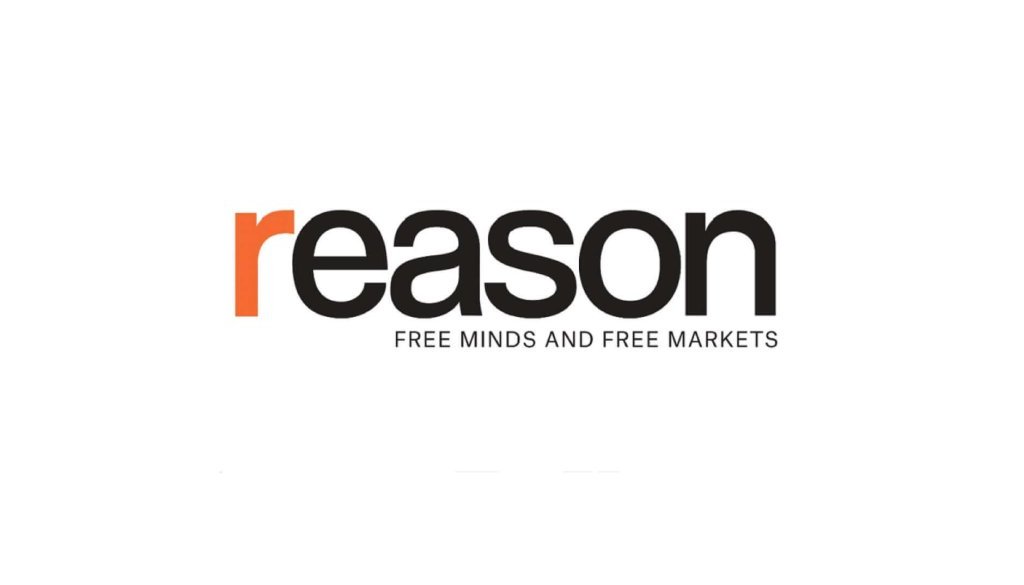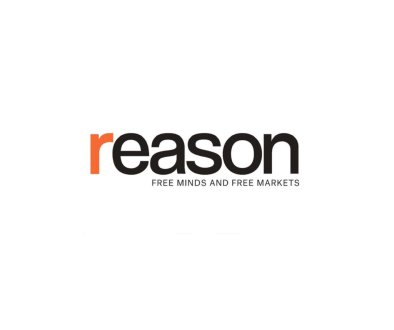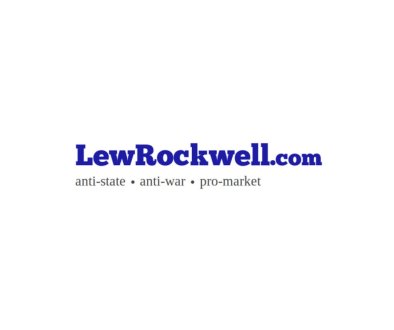RIP to Government Acronyms
From the U.S. Bureau of Alcohol, Tobacco, Firearms and Explosives (ATF) to the U.S. Agency for International Development (USAID), Elon Musk is on the warpath to devour the alphabet soup of the federal bureaucracy. “We do need to delete entire agencies, as opposed to leave part of them behind,” said the world’s richest man and President Donald Trump’s consigliere.
One perk that may materialize from his disruptive (and legally dubious) actions is the downfall of one obnoxious governmental institution: abbreviations.
“Acronyms seriously suck,” read the subject line of an email Musk sent to his entire SpaceX team. In his email, he explained how the “excessive use of made up acronyms is a significant impediment to communication.”
Musk is no stranger to arbitrary abbreviations. He created the Department of Government Efficiency (DOGE), an obvious tip of the hat to his favorite pump-and-dump cryptocurrency named after the beloved, wide-eyed Shiba Inu. Musk has also attained the designation of a special government employee (SGE) to wreak havoc on the federal landscape.
DOGE and SGE are just droplets in the seemingly endless stream of government abbreviations. Milton Friedman famously joked, “Pick at random any three letters from the alphabet, put them in any order, and you will have an acronym designating a federal agency we can do without.”
Like many, Friedman conflates acronyms and abbreviations. Acronyms are pronounced like words (e.g., NATO, FEMA, NASA), and initialisms are the composite of their individual letters (e.g., FBI, CIA, EPA).
Grammatical pedantry aside, Musk and Friedman aren’t wrong about the government’s incessant use of abbreviations.
The Age of the Acronym
There is no shortage of abbreviations in Washington, D.C. The U.S. Government Manual lists hundreds of cabinet-level departments, independent agencies, regulatory commissions, and government corporations and their accompanying abbreviations.
And like a Russian nesting doll, each entity houses its own endless array of abbreviated jargon. The Department of Defense leads the way with over 4,000 abbreviations in its internal dictionary.
Driving this Matryoshka-esque multiverse of abbreviations is lawmakers’ love of acronyms. Legislators often reverse-engineer acronyms (or “backronyms“) to create memorable mnemonic devices to market their legislation. Assuredly, bill nicknames like “STOP SMUT” roll off the tongue better than the Special Taxation on Pornographic Services and Marketing Using Telephones Act. But the acronym can also be overly contrived and forced, such as the recently introduced “Eliminating Looting of Our Nation by Mitigating Unethical State Kleptocracy Act,” or the ELON MUSK Act.
A backronym-named law can mask harmful policies by wrapping itself in flag-waiving euphemisms, as we learned with the Uniting and Strengthening America by Providing Appropriate Tools Required to Intercept and Obstruct Terrorism Act of 2001, or the USA PATRIOT Act.
Other countries also struggle to address their obtuse government communications. George Robertson learned this lesson during his early tenure as the British secretary of state of defense. With unrest in the Balkans and the Middle East threatening international stability, Robertson took office during a tumultuous time. In addition to imminent global peril, Robertson wanted to address his agency’s overuse of abbreviations. After listening to his boss’s plan to simplify agency terminology, Robertson’s chief of staff, Sir Charles Guthrie, leaned toward his boss and said, “I think that you’ll find solving
Article from Reason.com

The Reason Magazine website is a go-to destination for libertarians seeking cogent analysis, investigative reporting, and thought-provoking commentary. Championing the principles of individual freedom, limited government, and free markets, the site offers a diverse range of articles, videos, and podcasts that challenge conventional wisdom and advocate for libertarian solutions. Whether you’re interested in politics, culture, or technology, Reason provides a unique lens that prioritizes liberty and rational discourse. It’s an essential resource for those who value critical thinking and nuanced debate in the pursuit of a freer society.




